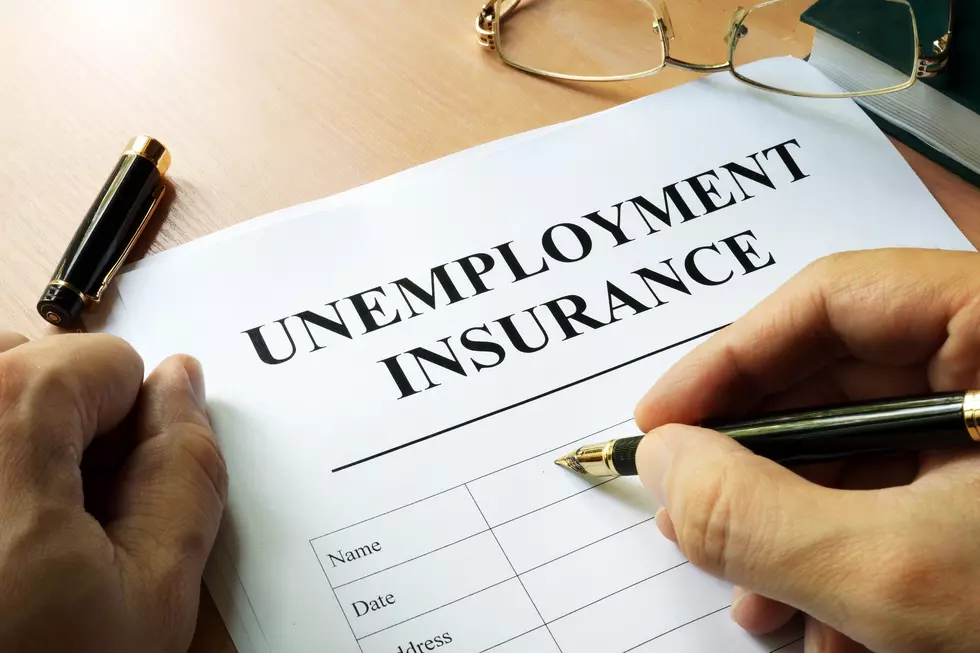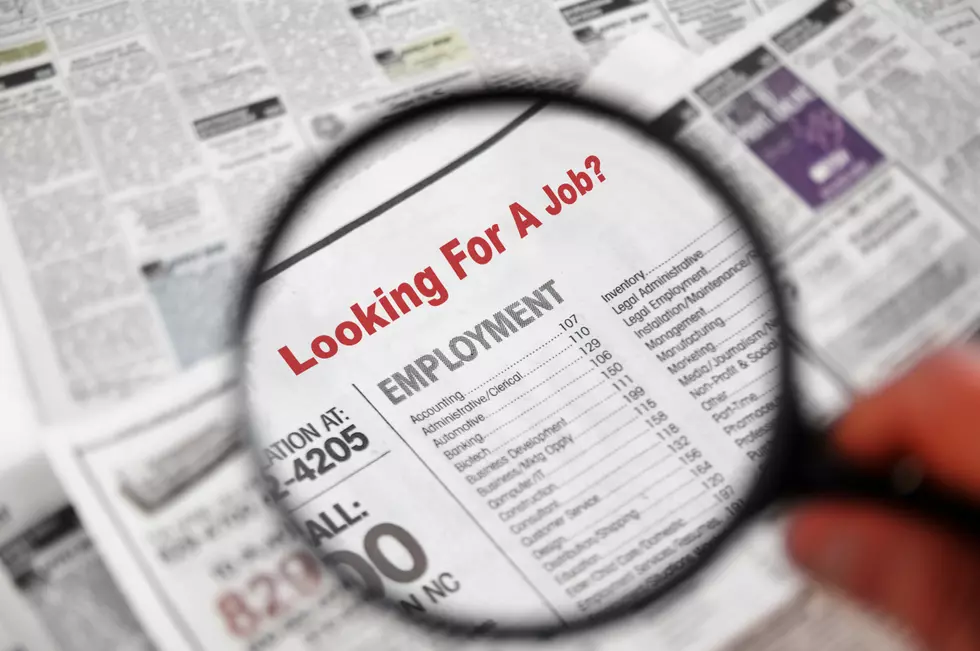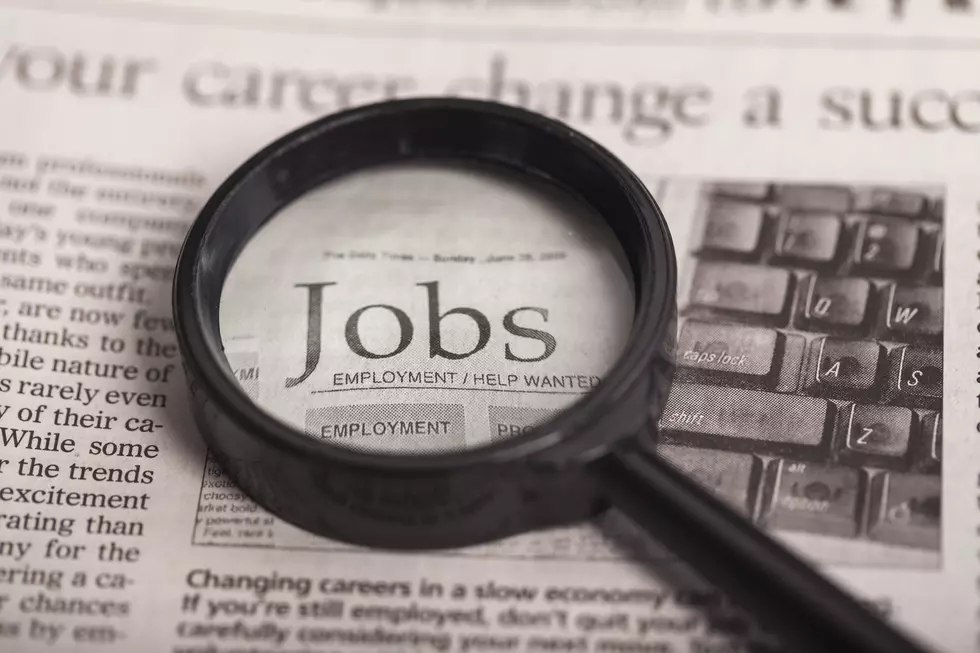
Up to 250,000 NJ residents can keep overpaid unemployment checks
TRENTON – Perhaps a quarter-million New Jerseyans will not have to pay back enhanced unemployment benefits during the pandemic they were later found to be ineligible to receive, under updated guidance released Monday by the federal Department of Labor.
New Jersey and other states asked for permission to waive the overpayments in cases where fraud wasn’t involved. The guidance addresses part of their request but not all of it, and the states are continuing to ask Congress to take further action.
“States did their best to pay benefits as quickly as they could during the pandemic, but implementing new programs quickly meant innocent mistakes that resulted in overpayments,” said U.S. Labor Secretary Marty Walsh. “We encourage states to forgive as many honest mistakes as they can.”
The state labor department said it will notify claimants eligible for the overpayment waivers of their next steps after it works through the details of the updated guidance, which runs 40 pages.
“This is great news for tens of thousands of New Jerseyans who received these benefits believing they were entitled to them but found out when federal guidance changed that they did not meet the eligibility standards,” said state Labor Commissioner Robert Asaro-Angelo.
The state estimates that as many as 250,000 people could benefit and that their average overpayment was about $4,400. That calculates to roughly $1.1 billion in benefits, out of the more than $36 billion in COVID-related benefits the New Jersey labor department has distributed during the pandemic.
There are five new scenarios in which overpayments can be waived of expanded benefits paid through programs such as Pandemic Unemployment Assistance (PUA) and Pandemic Emergency Unemployment Compensation (PEUC), including:
- A claimant responded “no” to being able and available for work and the state issued PUA or PEUC payments without adjudicating the eligibility issue.
- A claimant received a higher PUA payment than they were eligible for.
- A claimant’s PUA weekly benefit amount was calculated incorrectly based on the earnings statement submitted.
The National Association of State Workforce Agencies, of which Asaro-Angelo is currently chairman, said in a letter to Congress that the probability of recovering the overpayments is low compared to the resources it would take to pursue them.

Asaro-Angelo said the states remain hopeful that Congress will grant them broader overpayment waiver authority.
“Doing so would provide peace of mind to tens of thousands of New Jerseyans whose overpayments fall outside the new guidance,” he said. “It would also allow us to dedicate our resources to serving unemployed workers in need rather than putting claimants in precarious financial situations.”
Michael Symons is State House bureau chief for New Jersey 101.5. Contact him at michael.symons@townsquaremedia.com.
Best coffee places recommended in Central Jersey
Where everyone knows your name: Friendliest bars in NJ
More From 105.7 The Hawk










